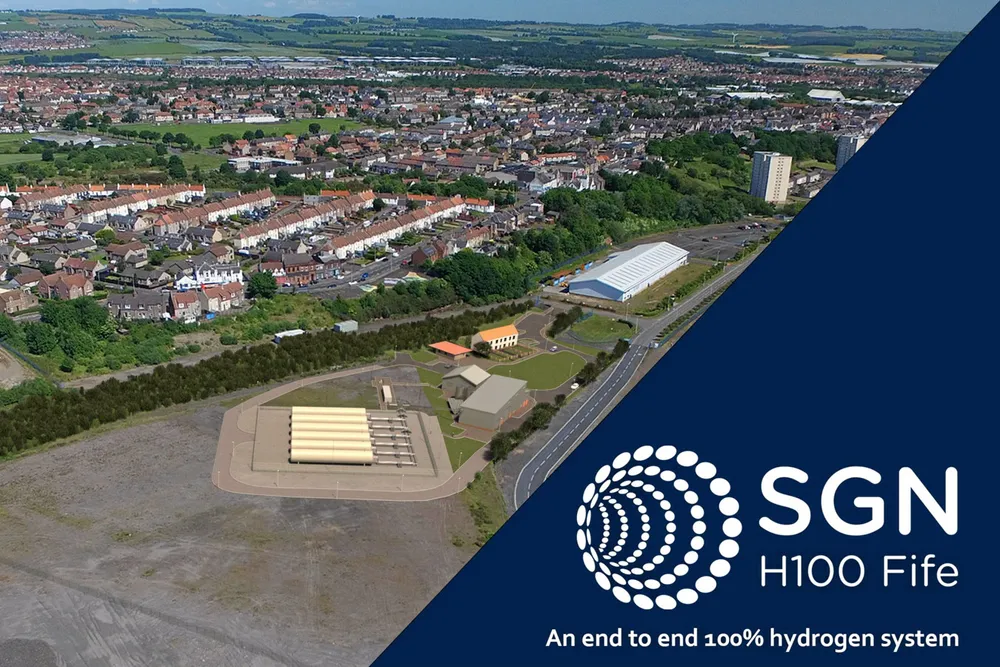'World first' 100% green hydrogen heating trial struggling to attract households despite offering 'bribes'
H100 project in Fife has stated aim of proving 'customer acceptance, interest and appetite for hydrogen heat'

H100 project in Fife has stated aim of proving 'customer acceptance, interest and appetite for hydrogen heat'
